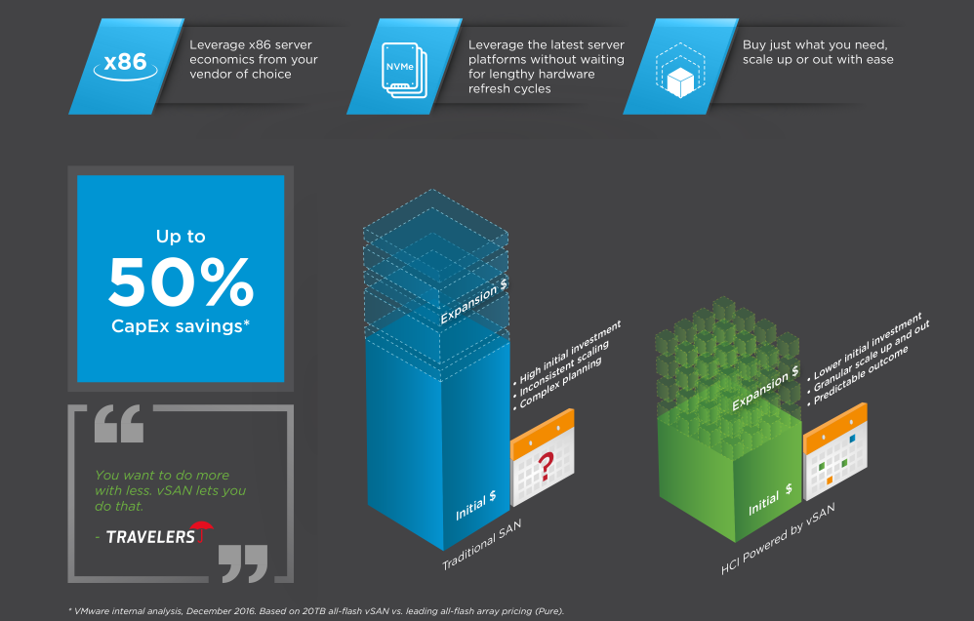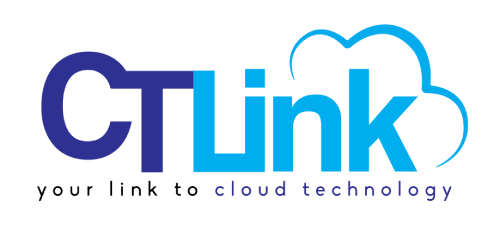5 Industries That Will Benefit From Microsoft Azure

What are the industries that will benefit from Microsoft Azure? Manufacturing Healthcare Financial Services Retail and E-commerce Government Some companies look for minimal hardware onsite while others look for hybrid cloud solutions. From additional storage, data security, and more — different industries have varying needs and challenges that need to be solved. The good news […]
Increase your Business Efficiency with Lower Work Costs with HPE Synergy!

HPE Synergy, the most modern blade infrastructure, lets you to automate operations, instantly deploy and redeploy infrastructure, develop apps and services faster, and run any workload within a hybrid cloud environment. Start your HPE Synergy transition by discovering eye-opening business value metrics from IDC. Below is a short video showing how you can make your transition as easy […]
VMware vSAN: The Key Benefits

Our ever-changing marketplace has been forcing organizations to adapt constantly to ensure that they stay competitive, this is more prevalent in an organizations IT. This has brought them to the public cloud to try and increase their business agility while at the same time lowering their costs, but due to data governance, risk mitigation and […]
